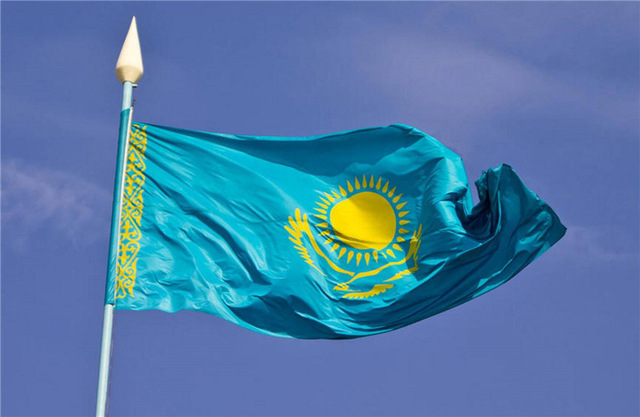President Kassym-Jomart Tokayev has approved an action plan for the implementation of his election platform, titled “Welfare for all! Continuity. Justice. Progress,” the Akorda reported. The plan includes measures to modernise the judicial system, strengthen public control over the police service, improve the civil service, eliminate barriers to competition and prevent monopolist abuse, establish unified standards for social support and protection of financial interests, and other activities. “The decree ensures the execution of all tasks furthering the socio-economic and political development of Kazakhstan in a timely manner with deadlines and responsible government agencies,” it reads.
Kazinform reported that the Ministry of Energy were to submit a new environmental code to Parliament this fall addressing shortfalls in environmental protection (Since then, the new Ministry of Ecology, Geology and Natural Resources was established and has taken over the responsibility for these issues). Wastewater treatment in cities and for industrial enterprises remains a problem in Kazakhstan. Of the 58 integrated wastewater treatment plants in operation, 10 are completely worn out and 26 are in need of reconstruction and modernisation. “The code will include the norms and standards of the OECD [Organisation for Cooperation and Economic Development] countries. Compliance with the environmental standards and regulations is important. It includes the principle of the best available technologies and pollution charges. Local administrations provide approximately 5 percent of the budget for environmental protection measures. It is proposed to develop model rules for the construction of rural and urban landfills,” said Minister of Energy Kanat Bozumbayev at a June 21 press conference.
Eighty-three percent of areas are connected to the centralised water supply system through water pipelines and wells in the Kyzylorda Region. As a result, 97 percent of local population have access to drinking water. “Our local institutions could not continuously provide drinking water to consumers until June 2017. There was a shortage of specialists and a poor material and technical base. The launch of a single operator has brought positive results. Some 145 rural settlements now have water and a single tariff was approved for local water users. Complaints from consumers have decreased,” said head of the region’s Department of Energy and Housing and Communal Services Medet Usain.
According to a new aerial survey, there are 334,400 saigas – strange looking endangered antelopes – in Kazakhstan. “There are 111,500 saigas in Betpakdala, 217,000 saigas in Uralsk and 5,900 saigas in Ustyurt. The increase was 55.5 percent compared with the same period last year (215,100 saigas in 2018),” Saken Dildahmet, press secretary of Committee for Forestry and Fauna of Ministry of Agriculture, wrote on Facebook.
Kazakh car production increased by 46 percent in a five-month period, the prime minister’s website reports. Last year, more than 30,000 cars were produced and this year it is planned to produce 60,000 cars. The government plans to manufacture 100,000 cars a year by 2021. “We plan to bring the level of localisation in excess of 50 percent in 2021. Major projects are being implemented at the Kostanai car assembly plant. Last year we financed approximately 3,000 cars; this year we plans to increase the number of loans to 15,000,” said Prime Minister Askar Mamin June 20.
The Eurasian Group will introduce end-to-end integration of production systems and ERP systems to collect and consolidate all operational indicators into a single data warehouse. The company will use artificial intelligence to help make decisions. “The industrial safety control system using smart cameras was implemented at the Aktobe ferroalloy plant. People with special needs monitor these cameras from their houses. This is an interesting and socially significant digital project for us. In our long-term strategy, we are an international, sustainable, socially responsible, efficient company. Due to this, we are developing key areas. Digitisation will affect all these areas and we try to introduce new technologies in financial analytics, forecasts, development of employees and our home cities,” Chairman of the Management Board of Eurasian Group Serik Shakhazhanov told the Astana Mining and Metallurgy Congress.

